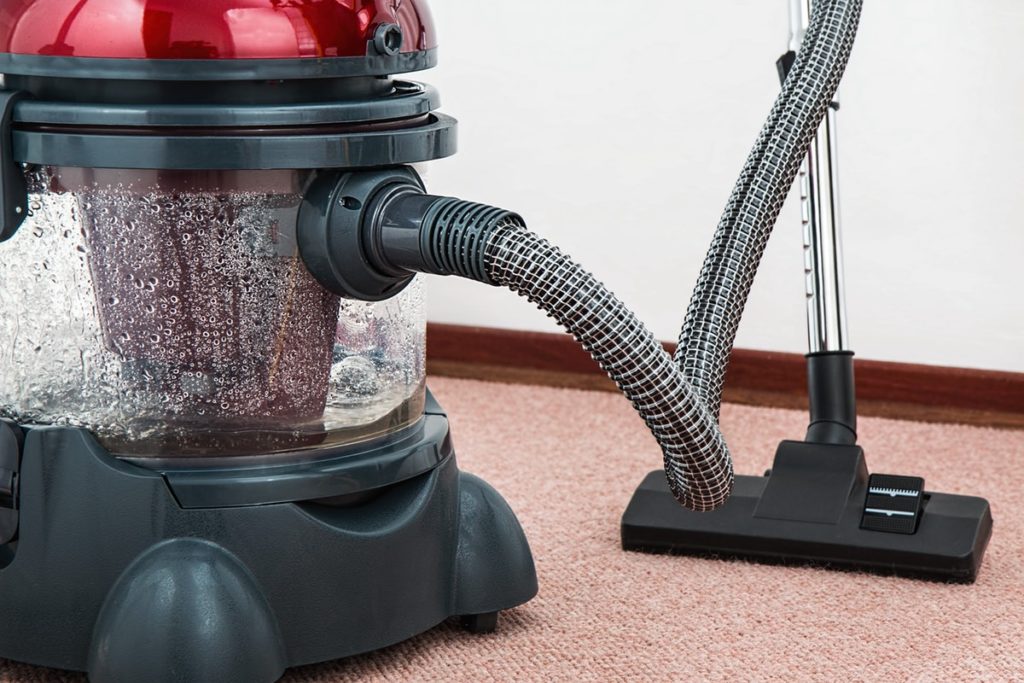Consumer Reports just released their list of the “Best Vacuums of 2020”, and high-end brands such as Shark and Miele earned high ranks, which makes most of us wonder if we all need an expensive vacuum cleaner. How are those high-end vacuums different from low-end and economical models?
The subject of buying a vacuum cleaner is not black and white, so there is really no right or wrong answer as to whether an expensive model is absolutely necessary or not. If your budget won’t allow it, it won’t be very practical to sacrifice a lot of your savings for a vacuum cleaner. Otherwise, if you can afford it without any issue, then buying a pricey model should be within your capacity.
But if you’re curious about the costs of different kinds of vacuum cleaners, read this guide.
Upright Models
Low-End
Vacuum cleaners are priced anywhere from $50 to over $1,500. Low-end upright models, which are composed of a suction hose, crevice tool, stair brush, and extended wand piece won’t cost you anywhere over $200, even bagless models and those with full bag indicator lights. However, it can be hard to find a low-end model with an advanced filtration system at an affordable price.
Mid-range
Upright models priced between $200 – $500 are considered to be in the higher-end category, but in this blog, let’s assume that they’re in the mid-range lot so as to not confuse them with high-end models. Mid-range models have more features such as HEPA filters, self-propellers, pre-motor filters, wider cleaning path, and dirt sensors, although not all of them possess these features in a single unit. They’re not necessarily more powerful than low-end models, but the additional gadgets may come in handy.
High-end
Upright models priced at least $800 to over $1,500 are from high-end brands. These brands have proven themselves effective over the years, so they remain reputable even with such a high price tag. However, many less expensive models perform just as well as the high-end ones.
Canister Models
Canister vacuums can either be bagged or bagless, and some have HEPA filters as well. They have a price range of $150 – $1,500, and those at the higher end of the range may boast of a power nozzle and a suction control switch. As for the rest of the vacuum’s abilities, there’s no very well-known difference between the affordable models and the pricey ones, so your choice should be based on the brand, warranty, and your needs.
What Makes Up the Cost of a Vacuum Cleaner?

The parts that make up a vacuum cleaner, plus other factors like the brand, affect its overall price. These are the essential parts of a vacuum cleaner to explain their costs.
- Body – the bodies of high-end vacuum cleaner brands like Dyson are tested quite harshly to ensure that they’d withstand heavy impact and 10 years of use. If you’re wondering why Dyson is so pricey, just know that their bodies were dropped over 5,000 times while they’re being developed!
- Motor – this part is responsible for making your unit function. (and consuming electricity, too)
- Filter – filters trap tiny particles that could be allergens, but HEPA filters are better at doing it, so naturally, HEPA models are more expensive.
- Nozzle/Suction – high-end nozzles and suctions may have special sensors that automatically adjust the machine according to the cleaning height, contributing to the hefty price.
- Canister – this contains the bag, which protects the motor from large particles.
- Power Cable – this part has to be durable to avoid easy damages. Dyson power cables also undergo a rigorous testing process.
- Bumper – the bumpers of high-end models are inspired by luxury cars, hiking their prices up in turn.
Now that we understand vacuum cleaners more, we can say that their prices don’t necessarily determine their effectiveness. But low-end or high-end, the best way to ensure their power and effectiveness is by maintaining them. When your vacuum cleaner malfunctions, call for efficient vacuum cleaner repair in Salt Lake City or any other area before rushing to buy a new unit.